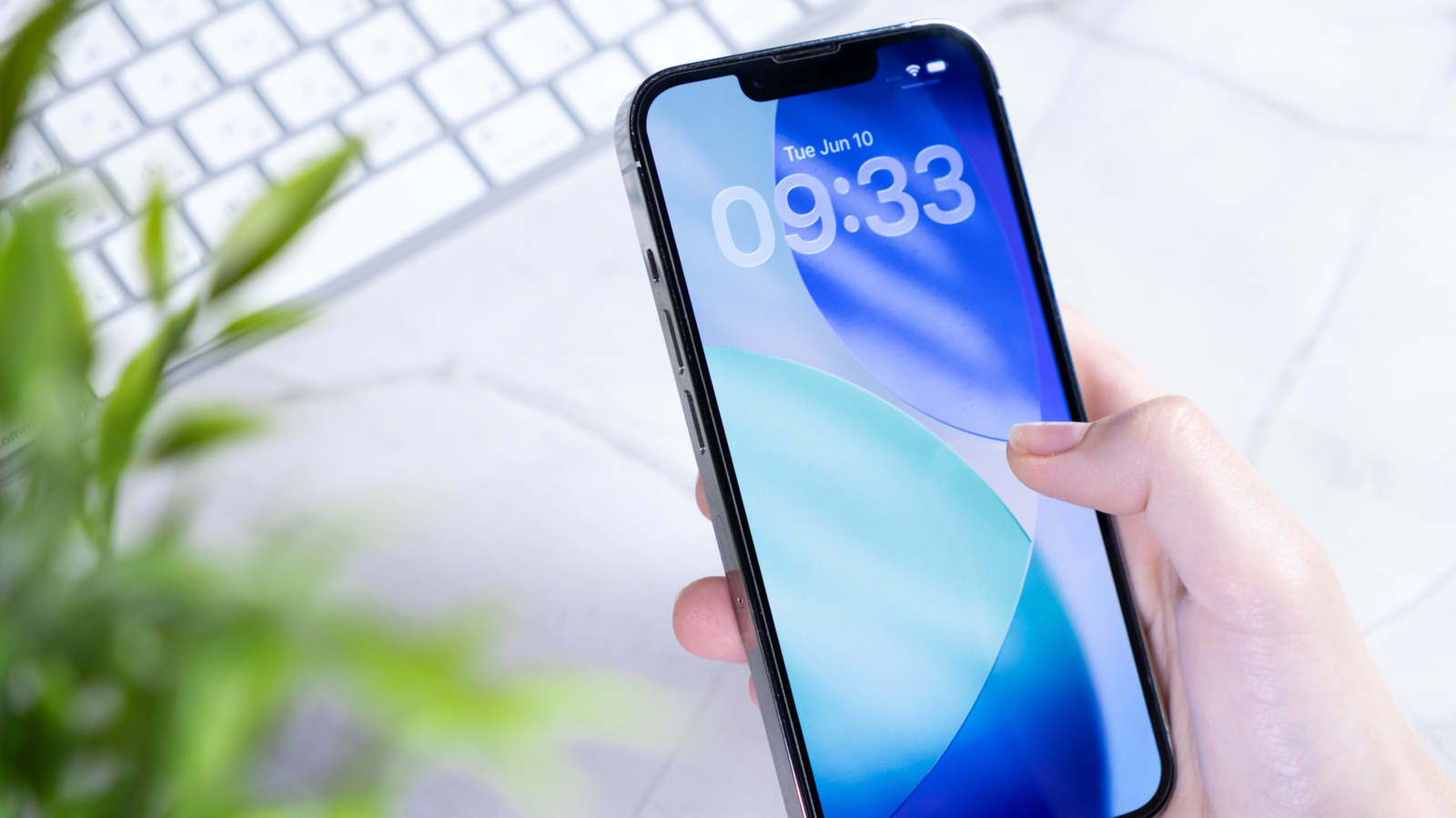A mysterious new band is climbing the charts on Spotify, racking up over over a million listens in just a few weeks.
The Velvet Sundown sound familiar, and their songs are perfectly listenable, if not the next Sweet Jane.
But they’re causing controversy because they’re entirely AI-generated – and the streaming platform isn’t making it obvious to listeners.
Who are the Velvet Sundown?
When they first appeared on Spotify at the end of June, they had a ‘verified artist’ profile claiming that the band was ‘formed by singer and mellotron player Gabe Farrow, guitarist Lennie West, Milo Rains, who crafts the band’s textured synth sounds, and free-spirited percussionist Orion “Rio” Del Mar’.
But some soon became suspicious that none of them had any social media presence or evidence of existing outside of this bio.
Not quite what you’d expect if they’d been gigging and promoting themselves for years before their big break.
Are they AI generated, then? Yep
The Velvet Sundown have now admitted that both the ‘bandmates’ and the music are AI generated.
Even before this, Deezer, a rival music streaming service, had tagged their music as such. This had nothing to do with the images or promotion surrounding them, but was down to analysis of the music itself.
Aurelien Herault, Chief Innovation Officer at Deezer, told Metro: We have trained our detection tool using datasets from a number of generative models, including Suno and Udio, which means that our detection tool is able to recognise the signals and sounds in fully AI-generated music that you don’t find in authentic tracks.
‘We have also made significant progress in training our detection tool to identify AI tracks even without a specific dataset to train on.

‘Thanks to our tool, we are confident that the album pages that are currently tagged generated by AI on our platform are generated by AI.’
Their software flagged The Velvet Sundown as being AI before the contoversy erupted, and so a label is now shown to users warning ‘AI generated content. Some tracks on this album may have been created using artificial intelligence.’
The Velvet Sundown ‘art hoax’
After speculation across news organisations, the ‘band’ admitted they were not real humans. Their Spotify profile now refers to them as ‘a synthetic music project guided by human creative direction’.
But their online presence is even odder than this, as there are multiple accounts claiming to be them on both X and Instagram.
The band have ironically now accused one of these accounts of trying to ‘hijack’ their identity by ‘creating fake profiles claiming to represent us’.
An unofficial X profile wrote many posts such as: ‘This is not a joke. This is our music, written in long, sweaty nights in a cramped bungalow in California with real instruments, real minds, and real soul. Every chord, every lyric, every mistake — HUMAN.’
This prolific poster later unmasked themselves as ‘Andrew Frelon’, claiming their account was an art hoax making up posts using ChatGPT, and admitting they were still using a fake name.
They wrote in a long post on Medium that they were interested in disinformation and generative AI, and saw an opportunity for mischief as the newly buzzy ‘band’ had no social media presence.
The fake X account has more followers than the official X account, and also started posting first, so you can see why people got confused about all of this.
We also sent them a message after they claimed to be a spokesperson for the band, but they did not respond when we asked for a video interview.
The band also has at least five Instagram accounts claiming to be them, one of which is filled with what looks like AI generated images.
These images were part of the reason the band was identified as fake in the first place, with oddities in the images like fudged fingers or a guitar with disappearing strings.
But again, the band now say these are not from their official account.
How prevalent is AI music?
It’s growing, and Deezer say they now see 20,000 tracks which are 100% AI generated submitted every single day, which has doubled from the start of the year.
Mr Herault told Metro that artifically generated music now makes up approximately 18% of all tracks delivered to the platform.
He said: ‘At Deezer we want to prioritise revenues going to real artists, which is why we remove fully AI-generated tracks from algorithmic or editorial recommendations.
‘We don’t believe AI music is inherently good or bad, but we believe music fans have a right to know what they are listening to, which is why we opt for a transparent approach and tag AI-generated music on Deezer, in order to build trust with our users.’
As the tech continues to improve, we will no doubt get tracks which sound great and are made by AI, at the same time as becomes more integrated in filmmaking and yes, maybe takes your white collar job.

Spotify has been investing heavily in AI, and you can now use it to make you playlists or listen to a DJ curating songs for you.
But it has also been accused of adding AI generated music to popular playlists like Ambient Chill and Peaceful Piano, without it being obvious to users.
The company has not commented on this, but previously said it was ‘categorically untrue’ that it was creating AI music itself to fill playlists.
Instagram has introduced a tag to show if something is made using AI, and videos made by Google Veo are watermarked.
However, the industry standard is less clear when it comes to AI music, with Deezer currently the only streaming platform to tag it as such.
Bots listening to tracks made by bots
One way scammers might benefit from uploading AI music to streaming platforms is by getting enough streams to earn them royalties.
There are even so-called ‘streaming farms’ where tracks are listened to over and over again to try and game the system.
So a song could be made by AI and listened to by bots on repeat, with humans barely part of the musical process at all.
It would be too obvious if an unknown artist suddenly racked up millions of streams (much like with the Velvet Sundown).
So to get around this, fraudsters flood streaming platforms with lots of fake songs which are each streamed just a few thousands times: enough to make money, but less likely to make people suspicious.
Explaining the problem, Mr Herault said: If an artist is able to gain a significant number of users streaming their music, they then become entitled to a bigger share of the royalty pool.
‘This is true whether an artist is using AI or not; the only difference being that AI music is significantly easier to produce.’
He said that fraudulent streams ‘are often generated by streaming farms or bots, which repeatedly “listen” to tracks in order to inflate their streams and increase their share of the royalty pool.’
Deezer said that up to 70% of streams of fully AI tracks are fraudulent, though currently AI tracks only make up 0.5% of overall streams.
The company added: ‘When detecting stream manipulation of any kind, Deezer excludes the streams from the royalty payments.’
Although the Velvet Sundown profile on Spotify now tells listeners the truth, there is still no general system to flag AI content to users.
Get in touch with our news team by emailing us at [email protected].
For more stories like this, check our news page.
MORE: Gavin Rossdale clears up decades-long misconception about his band Bush
MORE: AI will replace these 10 jobs — but here’s what workers can do instead
MORE: Games Inbox: What is the next big game for Nintendo Switch 2?








